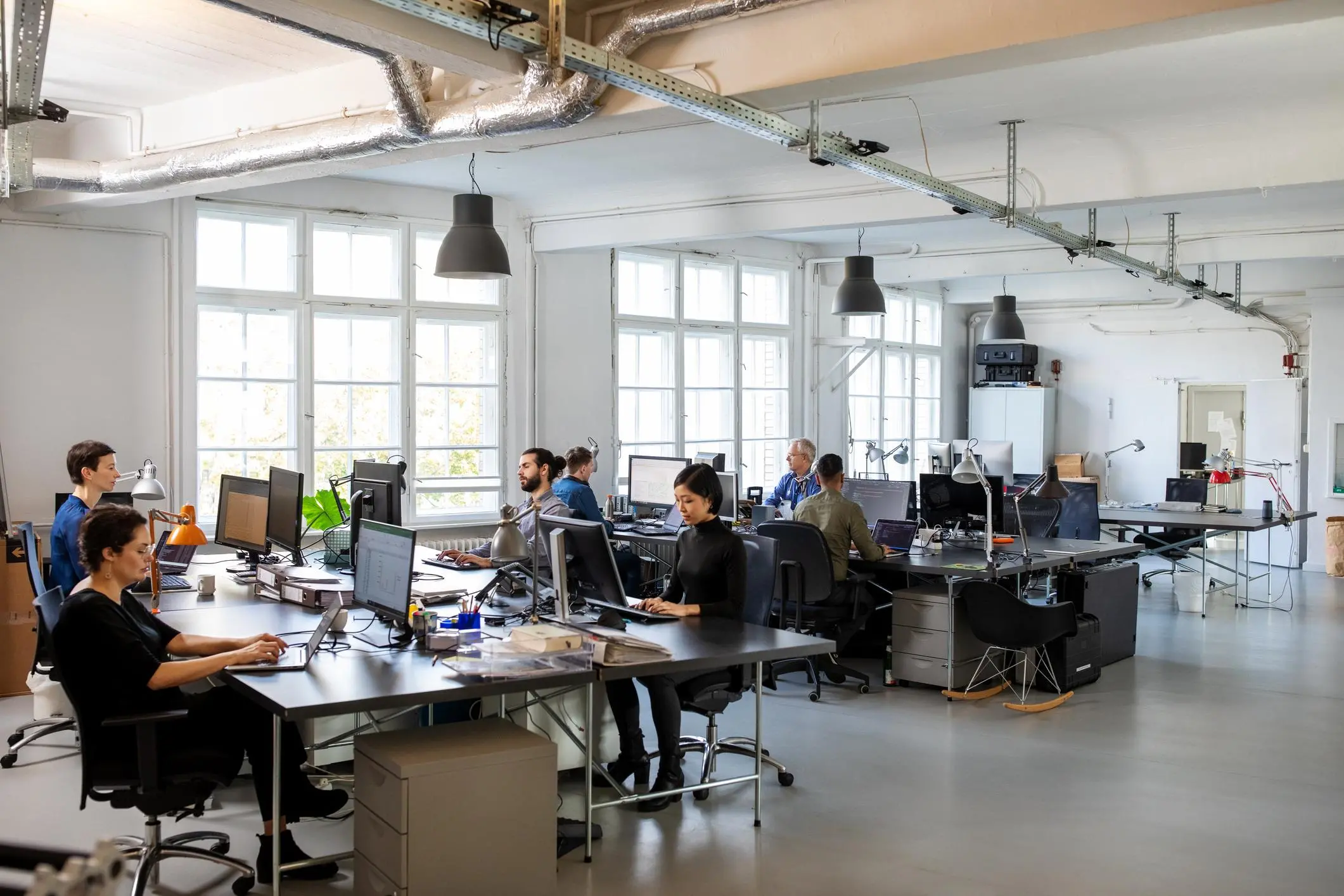PHOTO
The COVID-19 pandemic has impacted economies worldwide and disrupted the traditional ways of doing business.
Many companies saw their revenues wiped out and were forced to rethink their strategies. Among those badly hit are the travel and tourism, as well as the food and beverage (F&B) sectors.
But some businesses have managed to thrive in an uncertain economy, particularly within the food, hospitality and logistics industries in the Gulf Cooperation Council (GCC) region, and they are showing growth potential, according to Frost & Sullivan.
Within the F&B sector, the pandemic caused the retail segment to begin playing a critical role in driving household consumption and compensating for the loss in F&B revenue by the otherwise dominant hotels and restaurants.
Among the potential high-growth areas are health and wellness, as well as omnichannel food consumption. This is thanks to the rise in popularity of remote work, private labels and portfolio consolidation as consumers become more conscious about their spending, and contactless delivery systems.
Travel and tourism
In the travel and tourism sector, which is expected to see a loss of approximately $50 to$60 billion, Frost& Sullivan expects to see a rise in bio-bubbles, which are safe and secure micro-environments that are isolated from the outside world to minimise the risk of infection.
With demand for all-round wellness growing, there are also opportunities for hotels, while the growing popularity of food delivery service could lead to the growth of cloud kitchens, which can augment the restaurant business and catering on wheels.
Supply chain, logistics
Another industry worth looking at is the supply chain and logistics industry in the GCC region, which is evolving rapidly.
Frost & Sullivan estimates the industry will grow by 4.3 percent between 2020 and 2025, driven by mega events such as the World Expo, and investments in digital infrastructure upgrade to accommodate the growing demand from the e-commerce sector.
Growth will be driven by the development and modernisation of port infrastructure with digital applications, digitalisation of supply-chain solutions, start-ups leading transformations in logistics and vaccine logistics that will support growth of cold storage and air freight.
(Reporting by Brinda Darasha; editing by Cleofe Maceda)
Disclaimer: This article is provided for informational purposes only. The content does not provide tax, legal or investment advice or opinion regarding the suitability, value or profitability of any particular security, portfolio or investment strategy. Read our full disclaimer policy here.
© ZAWYA 2021




















